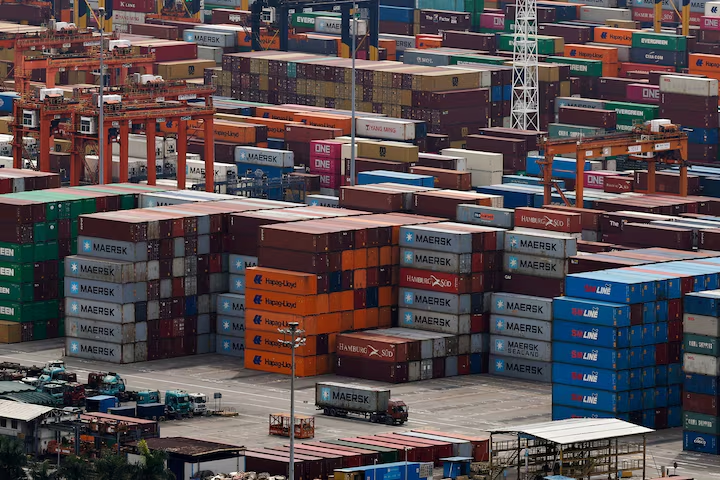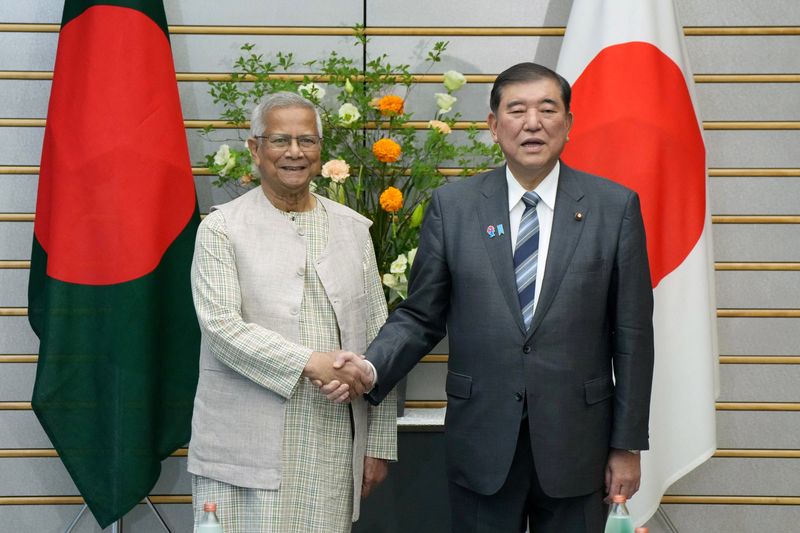China announced on Sunday, May 18, 2025, that it will impose anti-dumping duties on certain types of plastic materials imported from the United States, European Union, Japan, and Taiwan, escalating trade tensions with some of its biggest global economic partners.
According to the Chinese Ministry of Commerce, the decision follows an extensive investigation which concluded that producers from the four regions had been exporting polyoxymethylene copolymer (POM) — a high-performance plastic used in electronics, automobiles, and consumer products — at unfairly low prices, damaging the domestic industry.
The ministry stated that starting Monday, importers of POM from these regions will face duties ranging from 12.4% to 35.4%, depending on the exporting company and country of origin. The penalties are expected to be in effect for five years, unless modified through further review.
“The investigation found substantial evidence of dumping that caused material harm to the Chinese domestic industry,” the Ministry of Commerce said in a public statement.
The announcement comes as China faces its own internal economic pressures, including slowing growth, rising unemployment, and manufacturing overcapacity. By targeting key foreign suppliers of industrial plastics, Beijing appears to be protecting domestic manufacturers from foreign competition — a move analysts view as both economic and political.
This decision is likely to provoke responses from affected governments. The U.S. Department of Commerce and the European Commission have not yet issued formal responses, but officials are expected to raise the issue in ongoing trade dialogues. The move also risks deepening frictions in U.S.-China trade relations, which have already been strained by disputes over technology, semiconductors, and geopolitical tensions involving Taiwan and the South China Sea.
Japan’s Ministry of Economy, Trade, and Industry has expressed “serious concern” over the new tariffs and urged Beijing to reconsider the measures, warning they could violate World Trade Organization (WTO) rules. Taiwan’s Economic Affairs Ministry also said it would explore legal options under international trade frameworks to challenge the duties.
The materials in question — POM plastics — are critical to global supply chains, particularly in automotive components, electronics casings, and precision instruments. Industry experts warn that the duties could raise prices and disrupt production timelines in sectors that depend on affordable imports of the material.
Trade analysts say the timing of the move is significant, coming just weeks after the U.S. imposed higher tariffs on Chinese electric vehicles (EVs), batteries, and solar cells, citing unfair trade practices and national security risks. The anti-dumping announcement could be interpreted as a retaliatory action, although Chinese authorities have framed it as a routine, legally justified trade remedy.
Beijing’s action also reflects growing use of defensive trade tools to shield its industries from global competition amid weak consumer demand and an uneven post-COVID recovery. Over the past year, China has stepped up anti-dumping and countervailing duties in sectors ranging from steel to chemicals to semiconductors.
Despite the rising tensions, some observers note that trade between China and the U.S., EU, and Japan remains resilient, even as both sides maneuver for advantage. Still, the POM plastics ruling underscores the fragility of the global trade environment, where strategic materials and economic leverage increasingly intersect with geopolitical rivalries.
For now, global manufacturers and importers will need to adjust their sourcing strategies while governments weigh their responses. If retaliatory measures follow, this latest trade flare-up could trigger a wider tit-for-tat escalation, complicating efforts to stabilize global supply chains already stretched by war, inflation, and political uncertainty.
Source; Reuters



